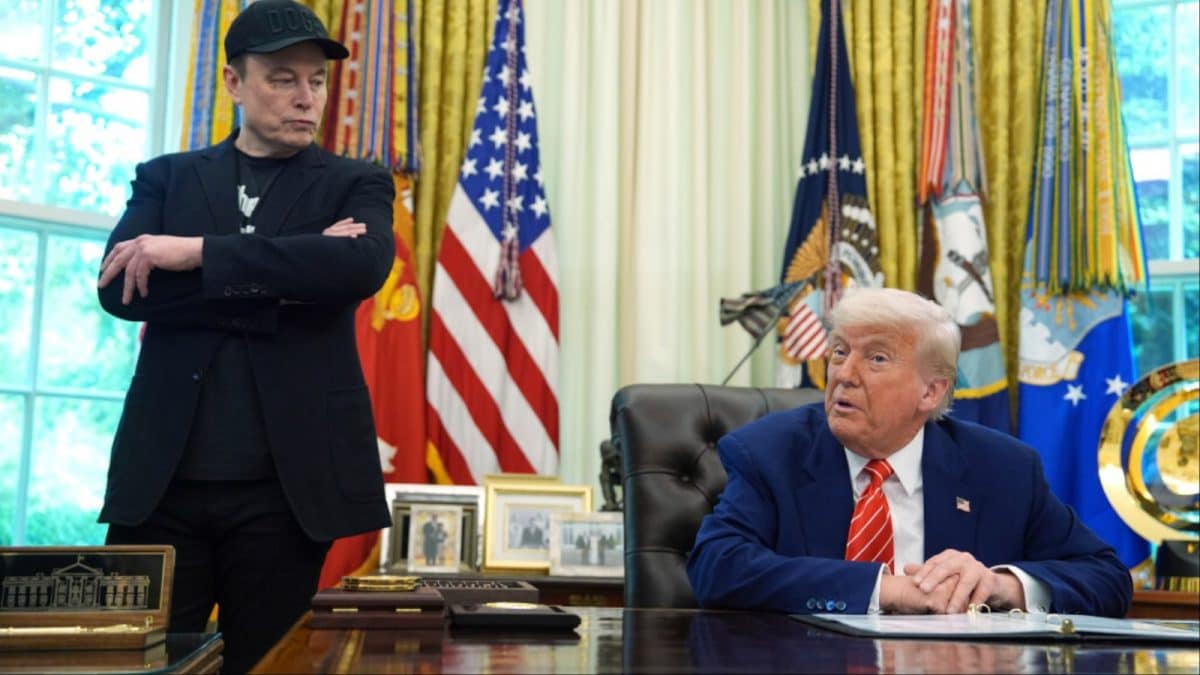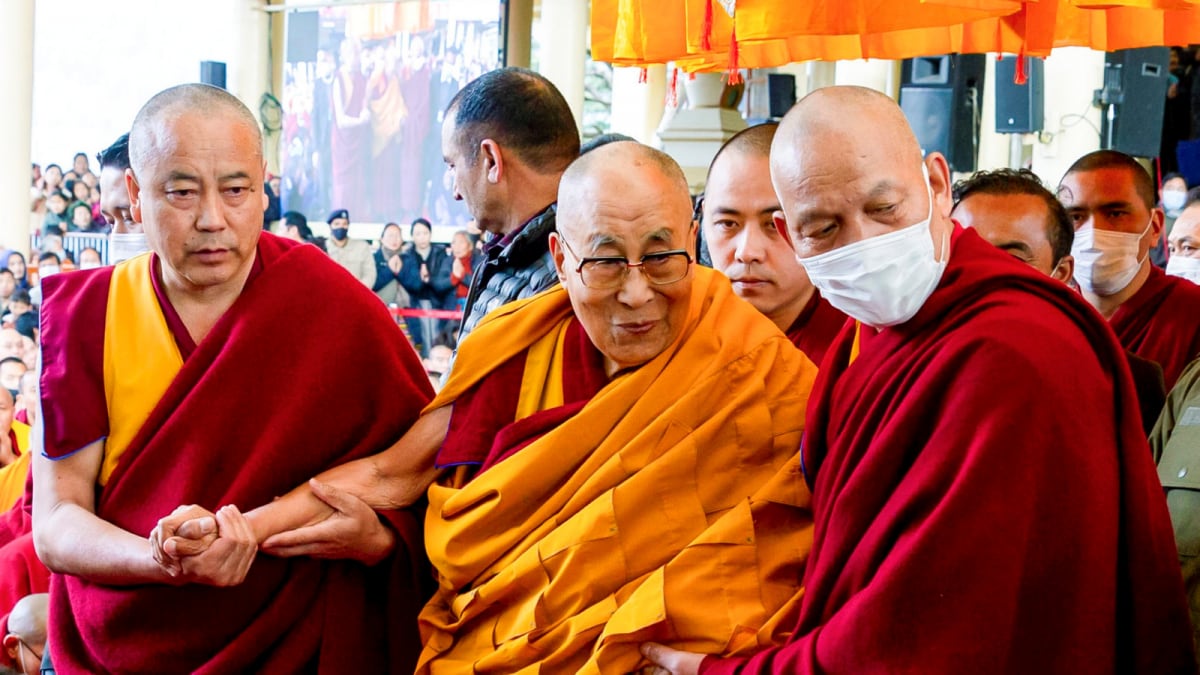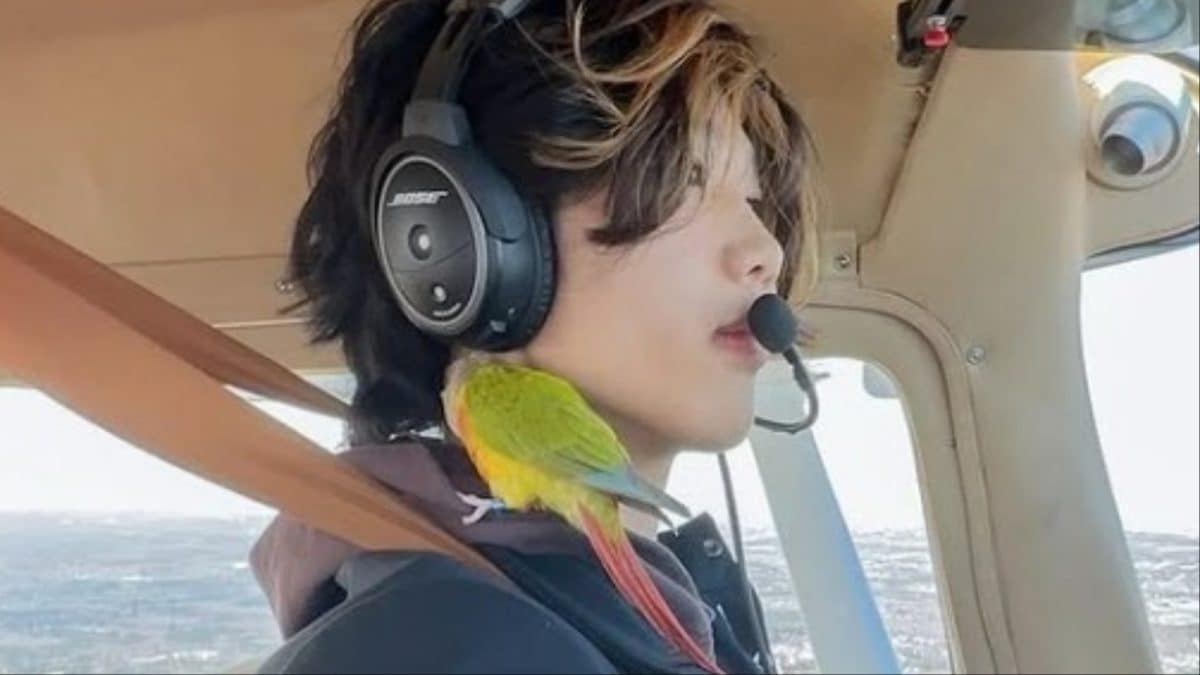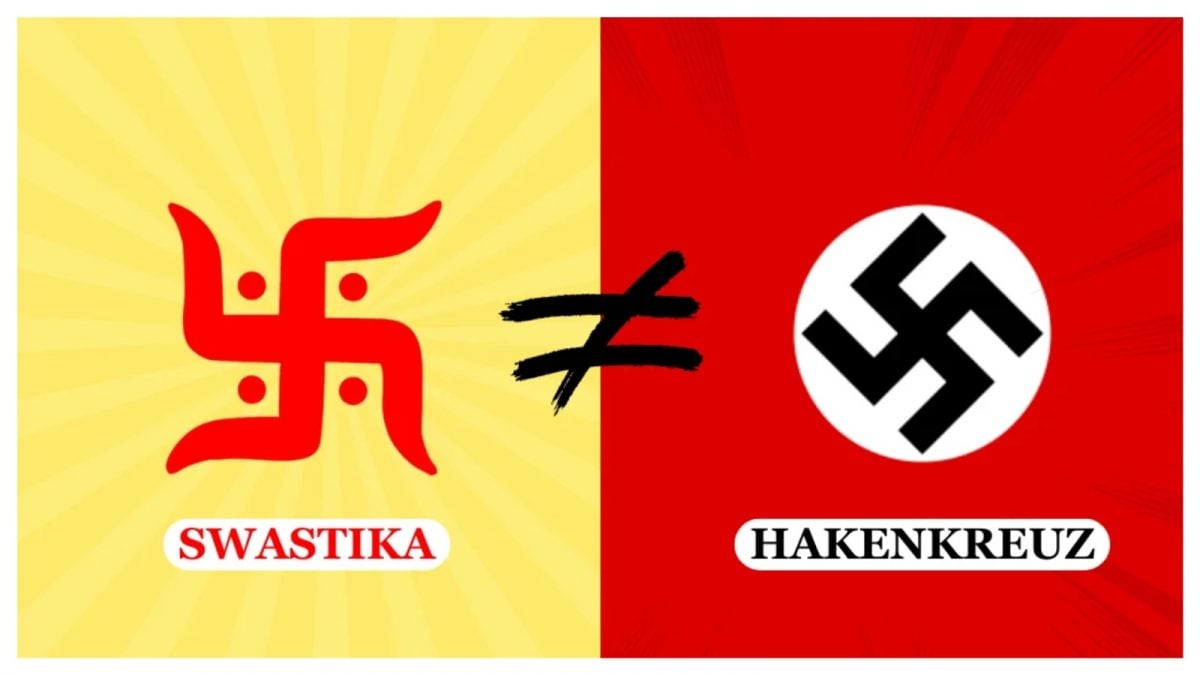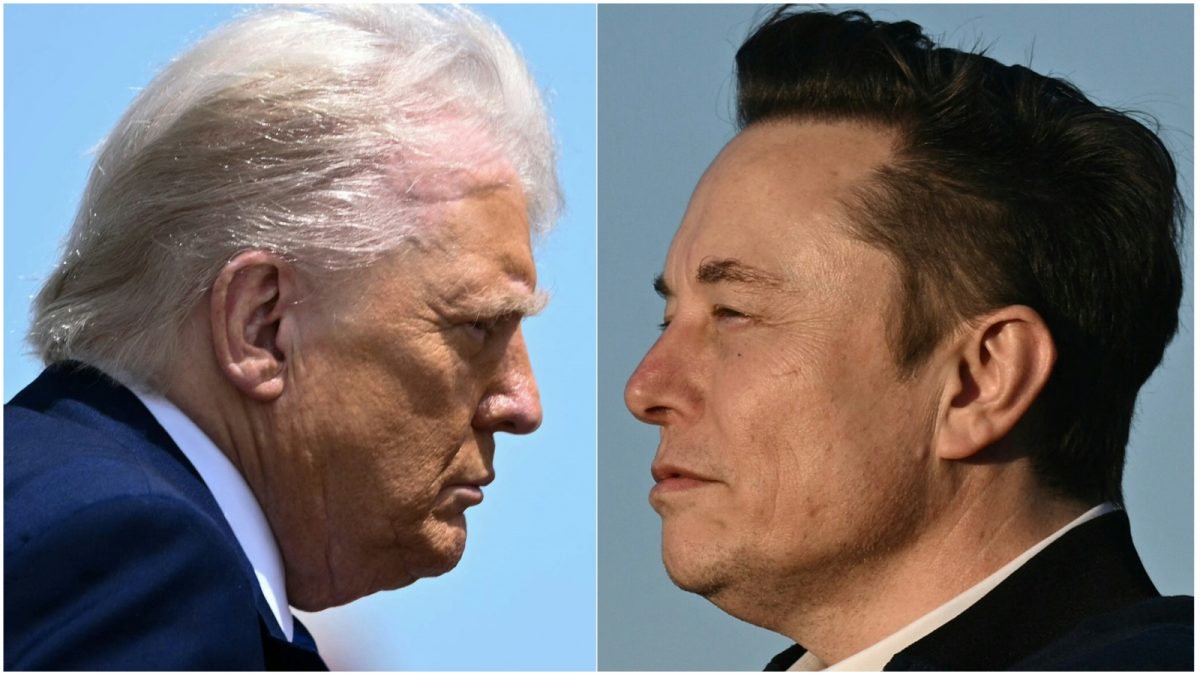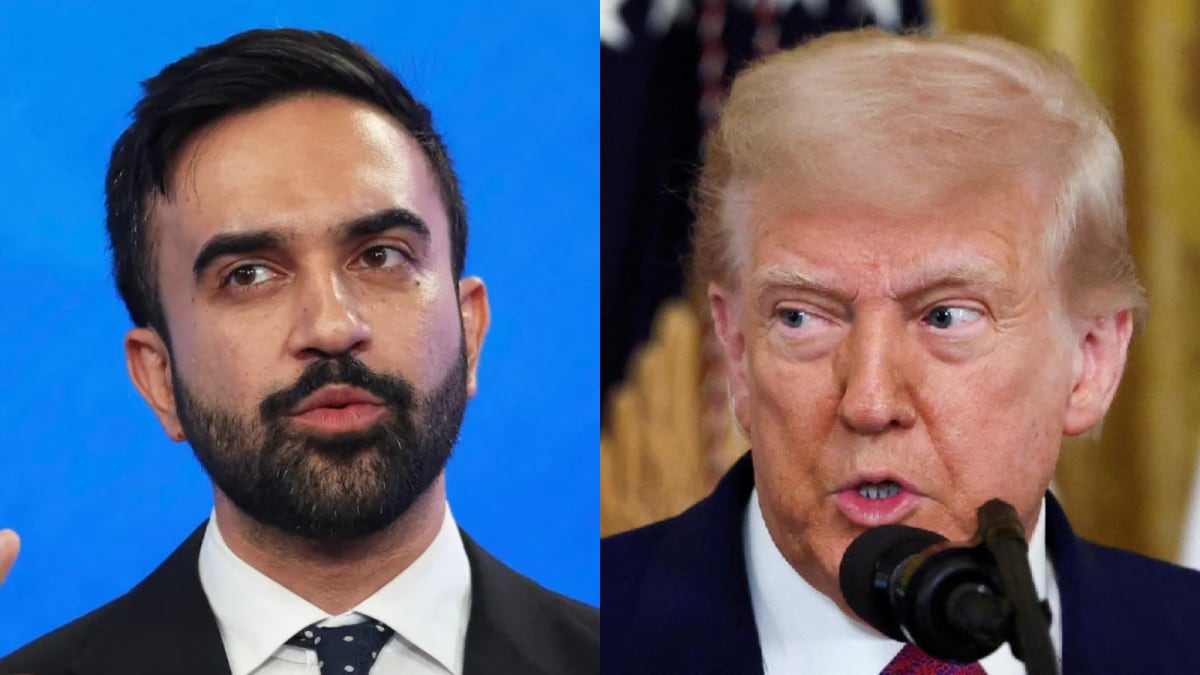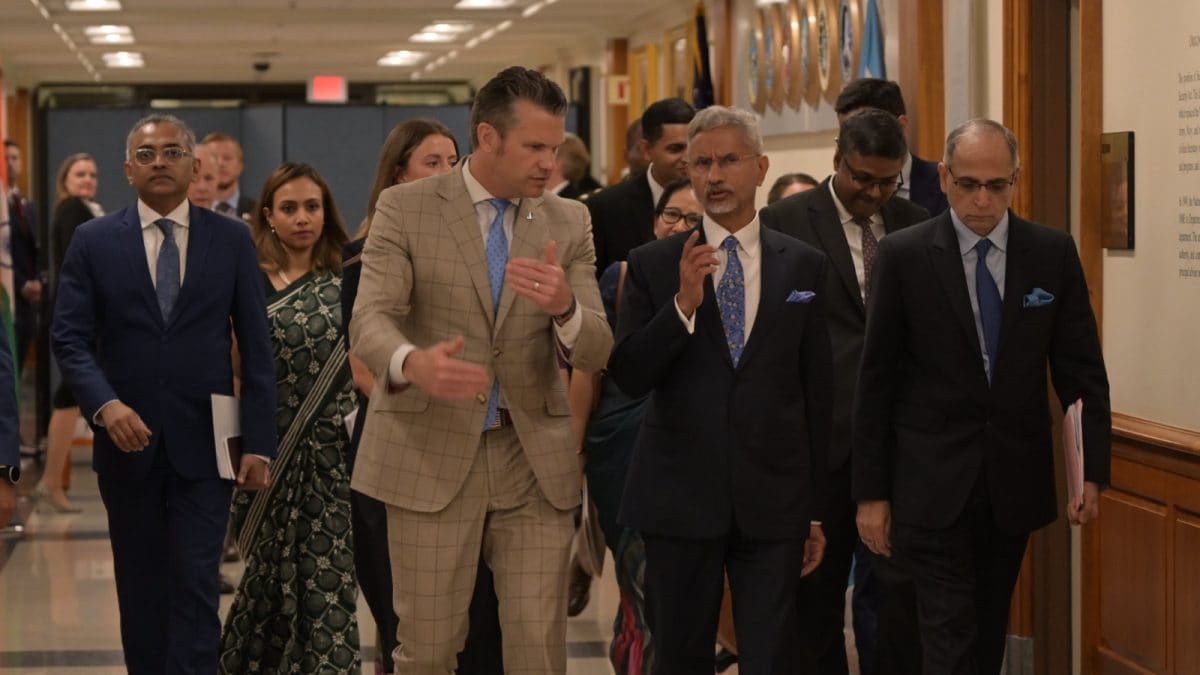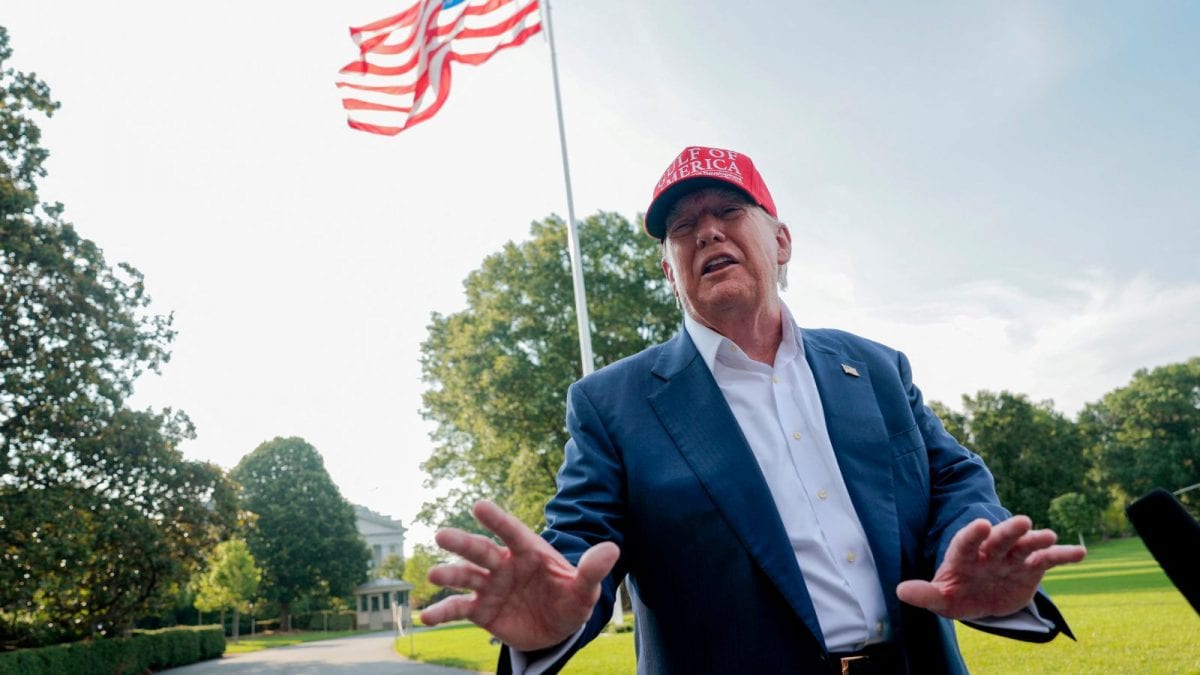Harvard researcher Kseniia Petrova, a Russian national, faces smuggling charges for bringing undeclared frog embryos into the U.S., amid deportation proceedings and fears of political persecution in Russia.

Kseniia Petrova, a Russian-born scientist who was a researcher at Harvard University
A Russian-born scientist and Harvard University researcher already facing deportation to Russia has now been charged with smuggling biological materials —specifically frog embryos — into the United States.
Kseniia Petrova, 30, was taken into custody Wednesday and charged with one count of smuggling goods into the US, federal prosecutors said. If convicted, she could face up to 20 years in prison and a $250,000 fine.
Petrova has been detained in a US Immigration and Customs Enforcement (ICE) facility in Monroe, Louisiana, since her arrest in February. A deportation hearing was conducted on Wednesday in Vermont, where she is claiming asylum, citing political persecution fears if she is sent back to Russia.
“The truth is on my side,” Petrova told The Associated Press last month via video call from detention. “If I go back, I am afraid I will be imprisoned because of my political position and my position against war.”
According to court documents, the criminal case stems from a January incident at Boston Logan Airport. Petrova had returned from a vacation in France, where she visited a laboratory specializing in splicing ultra-thin sections of frog embryos for biological research. She obtained samples, which she said were to be used for academic study.
As she went through US Customs and Border Protection, a canine unit flagged her duffle bag. Inside, agents discovered a foam container with the undeclared frog embryo samples. Petrova initially denied carrying any biological materials, but later admitted to having the samples.
The Department of Homeland Security said in a statement on the social platform X that Petrova was detained after “lying to federal officers about carrying substances into the country.” They allege messages on her phone “revealed she planned to smuggle the materials through customs without declaring them.”
Leon Peshkin, Petrova’s mentor and a fellow researcher at Harvard, said the samples were harmless and should not have triggered such a severe response.
“I don’t think she did anything wrong,” he told the AP. “But even if she did, at most she should have gotten a warning or maybe a fine of up to $500.”
Harvard University, in a brief statement, said it is “monitoring the situation.”
Petrova left her homeland after Russia invaded Ukraine in February 2022.
ALSO READ: Michelle Obama jokes about thermostat wars with Barack: 'He's scared of it now'
Published By:
Rivanshi Rakhrai
Published On:
May 15, 2025

 1 month ago
1 month ago

